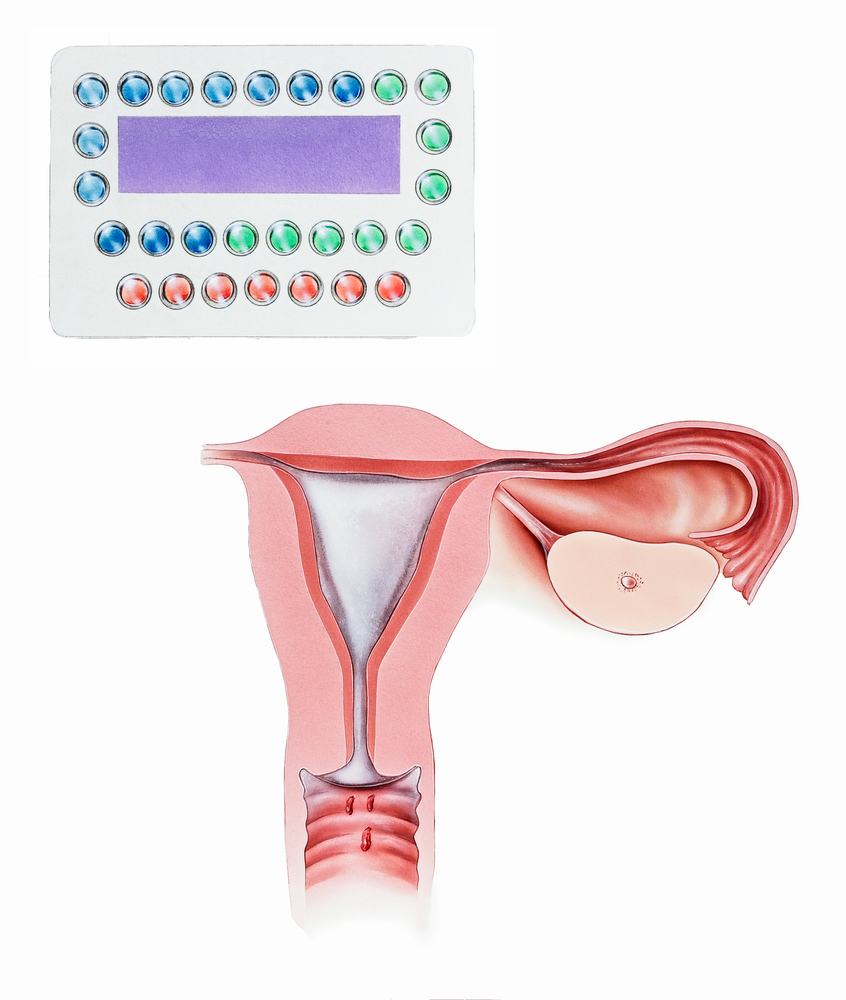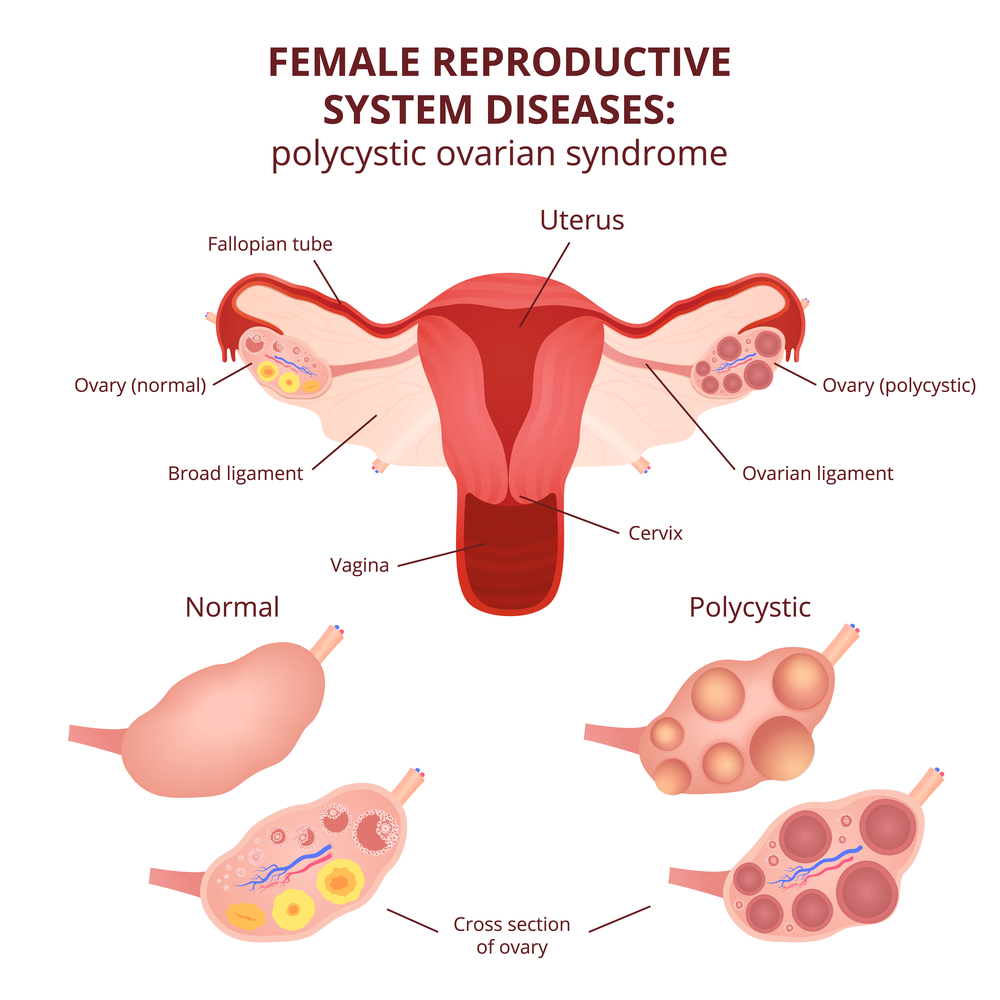Over the years, many sexually active women have turned to contraceptive pills for the purpose of enjoying intercourse without having to conceive. However, contraceptive pills are so much more than just an effective form of birth control. In fact, women rely on them to debilitate and manage a number of health conditions which include polycystic ovary syndrome and extreme menstrual cramps. If you are planning to use them in the near future, this article will provide you with elaborate information to steer you into making an informed decision.
What Exactly is “The Pill”?
Contraceptive pills come in various forms, but the most commonly known form (“the pill”) consists of a mix between progestin and synthetic estrogen. Combined together, these pills are able to suppress ovulation, change cervical mucus to make it difficult for sperm to reach the egg, and change the lining of the uterus to make it harder for an egg to implant. There is also a progestin-only version of “the pill”, which can change cervical mucus and uterine lining. It too, may suppress ovulation, but it is not guaranteed and varies across women.

It is Able to Regulate Your Period Cycle or Stop it Altogether
Apart from its primary function of birth control, contraceptive pills work effectively in regulating menstrual cycles for women who suffer from irregular and painful periods on a monthly basis. In fact, continuously ingesting “the pill” can result in your period stopping altogether.
By incorporating a continuous or extended-cycle regimen, women will be able to prevent hormonal changes responsible for bleeding, cramping, headaches and other period-related discomforts. For women suffering from iron deficiency due to heavy bleeding, incorporating a continuous regimen of contraceptive pills is able to reduce bleeding and decrease their risk of suffering from iron deficiency in the future.

It Can Help You Manage Polycystic Ovary Syndrome
Polycystic ovary syndrome (PCOS) is a health condition that causes a woman’s ovaries to enlarge, whilst developing small cysts on the external edges. Ingesting birth control pills for the management of PCOS is able to initiate three main functions. Firstly, it protects the uterus by ensuring regular ovulation. This is because being unable to ovulate regularly increases the build-up of uterine tissue, which may increase your risk of developing ovarian cancer.
Secondly, it aids in reducing excessive male hormone levels in the body, especially testosterone. Regular consumption of “the pill” will enable you to alleviate some of the symptoms of PCOS, which include acne, male pattern baldness, and unwanted facial and body hair. Thirdly, it is able to protect women from being pregnant, especially if they have an ovulation cycle that is difficult to track.
It Comes With Its Own Set of Side Effects
If you have not ingested a contraceptive pill previously, it may take a little longer than usual for your body to adjust to the external hormones that come as a package with the pills. As a result, you may experience a few side effects after ingesting. One of the most common side effects experienced after ingesting a contraceptive pill is nausea. The duration in which nausea can last depends on your body’s reaction to the pill. For some, it may last for a couple weeks, whilst for others it may take up to three months to get better. This feeling of nausea will also be accompanied by bloating, which is caused by water retention in the body as a result of the hormonal changes that come with contraceptive pills.
Besides that, the combination of progestin and estrogen used in birth control pills can affect your mood, leading to mood swings. Estrogen in high doses has been known to cause fear and anxiety in women, while progestin can induce irritability, depression, and anxiety as well. In addition to this, women on “the pill” may also suffer tenderness in the breast. This is because the hormones used in combined or progestin-only pills can stimulate breast tissue, resulting in anything from minor discomfort to enlargement of your breasts. Breast tenderness will usually dissipate on its own, but some women may experience regular discomfort if they continue ingesting contraceptive pills.
Every woman is different, which means that you may not find a contraceptive pill that is unique to you at your maiden attempt. Therefore, it is important to understand the pros and cons of contraceptive pills before deciding to take them. And if you do decide to go ahead with the pills, be aware of the possible negative side effects that you may experience. If something unusual occurs, or if you are uncomfortable with the side effects experienced, consult your doctor immediately regarding the possibility of replacing your prescription with a better suited alternative.
If you decide to Stop the Birth Control Pill and you want to become a mother, at LUMA, we believe mothers-to-be should focus on the joy of pregnancy—and not have to worry about money. That’s why we offer a health insurance package that covers your maternity costs when you sign up with us 10 months before your due date. Want to learn more? Contact us today to hear about our health insurance plans for soon-to-be moms as well as children health insurance solutions.
.png)

